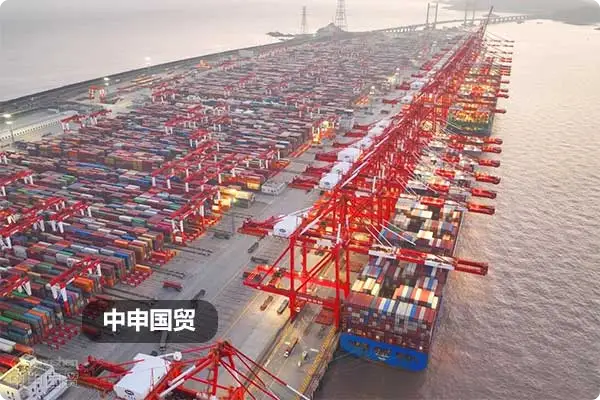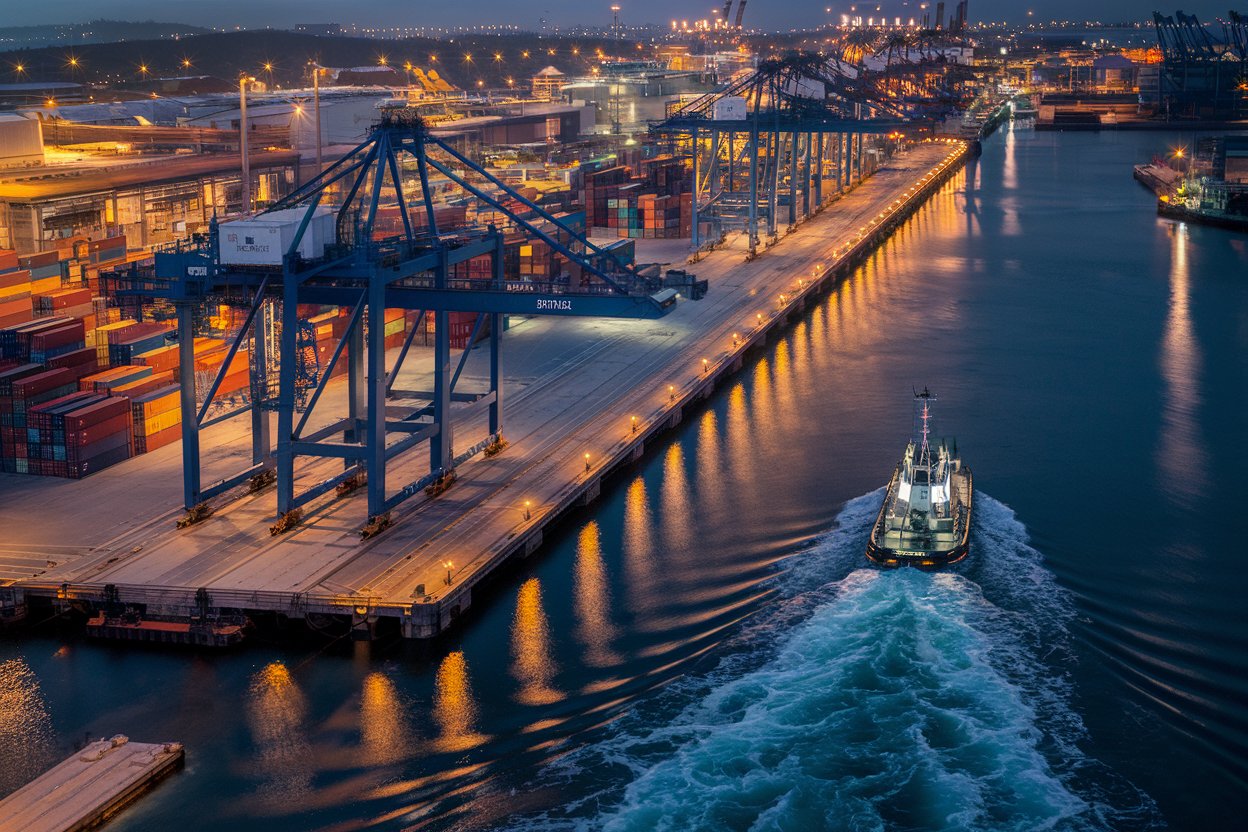- Shanghai Zhongshen International Trade Co., Ltd. - Two decades of trade agency expertise.
- Service Hotline: 139 1787 2118

Mechanical and Electrical in 2025Equipment ImportsNew market trends
With the accelerated recovery of global manufacturing, China's import scale of mechanical and electrical equipment is expected to exceed 2.8 trillion yuan by 2025. The latest data from the General Administration of Customs shows that semiconductor manufacturing equipment, industrial robots,New energyThe import demand for the three major categories of processing machinery increased by 23.6% year-on-year, but the error rate in declarations also rose to 17.8%. In such a market environment, the value of professional agency companies becomes increasingly prominent.
Mechanical and electrical equipmentImport RepresentationCore Competency Assessment
Certification System:
- Compulsory certification:3CCertification processing experience (especially for the determination of non-catalog products)
- Special Equipment Registration: Success Rate of Pressure Vessel/Lifting Machinery Registration
- Industry Access:Medical EquipmentCFDA certification conversion capability required
Customs clearance practical skills:
- HS code accuracy rate (must reach over 98%)
- Special Requirements Handling for Electromechanical Document Review:
- Time control for pre-shipment inspection of used equipment
- Electromagnetic Compatibility Test Report Preliminary Review
Supply chain integration capability:
- International Segment: Precision Equipment Shockproof Packaging + Constant Temperature Transportation Solution
- Domestic Segment: Application for Road Transport Permit for Special-Sized Equipment
- Emergency Handling: Fast Return and Repair Channel for Returned Goods
Key Points for Cost Control in Agency Services in 2025
The fee structure of a professional agency should include:
- Basic service fee (recommended to be controlled at 0.8%-1.2% of the cargo value)
- Emergency Cost Warning Mechanism (Cap Agreement on Demurrage/Amendment Fees)
- Exchange Rate Lock Service (Particularly for Euro Settlement Equipment)
Industry Risk Warning and Response Strategies
Recent key customs inspection focuses:
- Declaration of Refurbished Second-hand Equipment (Original Factory Documentation Required)
- Declaration of Software Value Separation (Embedded systems require separate pricing)
- Royalty Retrospection (with special focus on patented equipment)
Policy Trends and Response Recommendations for 2025
- Full Implementation of RCEP Rules of Origin (Tariff Preferences for Equipment from Japan and South Korea)
- New Energy Efficiency Standards for Electromechanical Equipment Take Effect (EU ERP III Directive)
- Thailand and the Philippines have made it mandatory to submit electronic manifests 24 hours before container loading
Four-Step Method for Professional Agency Cooperation
- Demand Portrait: Clarify equipment technical parameters/usage/configuration list
- through the following channels. Tax system verification:: Inspection of Customs AEO Certification/Industry Cases
- Program Evaluation: Compare customs clearance time efficiency/cost structure/contingency plan
- Mechanism establishment: Schedule regular customs declaration data review meetings
Choosing a professional electromechanical equipment import agency is essentially about building a "risk firewall" for cross-border supply chains. By 2025, with the full implementation of customs' "smart audit" systems, an agency's data integration capabilities and pre-classification expertise will become core competitive advantages. It is recommended that enterprises prioritize evaluating an agency's system integration capabilities and the quality of historical declaration data, as these factors will directly impact the precision of overall import cost control.
Related Recommendations
? 2025. All Rights Reserved. Shanghai ICP No. 2023007705-2  PSB Record: Shanghai No.31011502009912
PSB Record: Shanghai No.31011502009912










